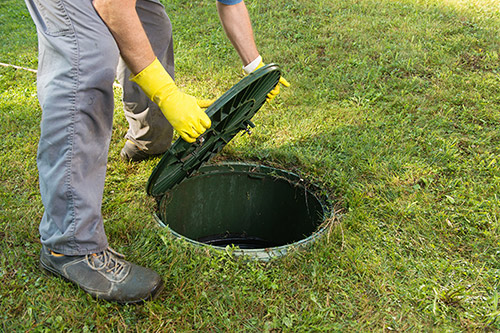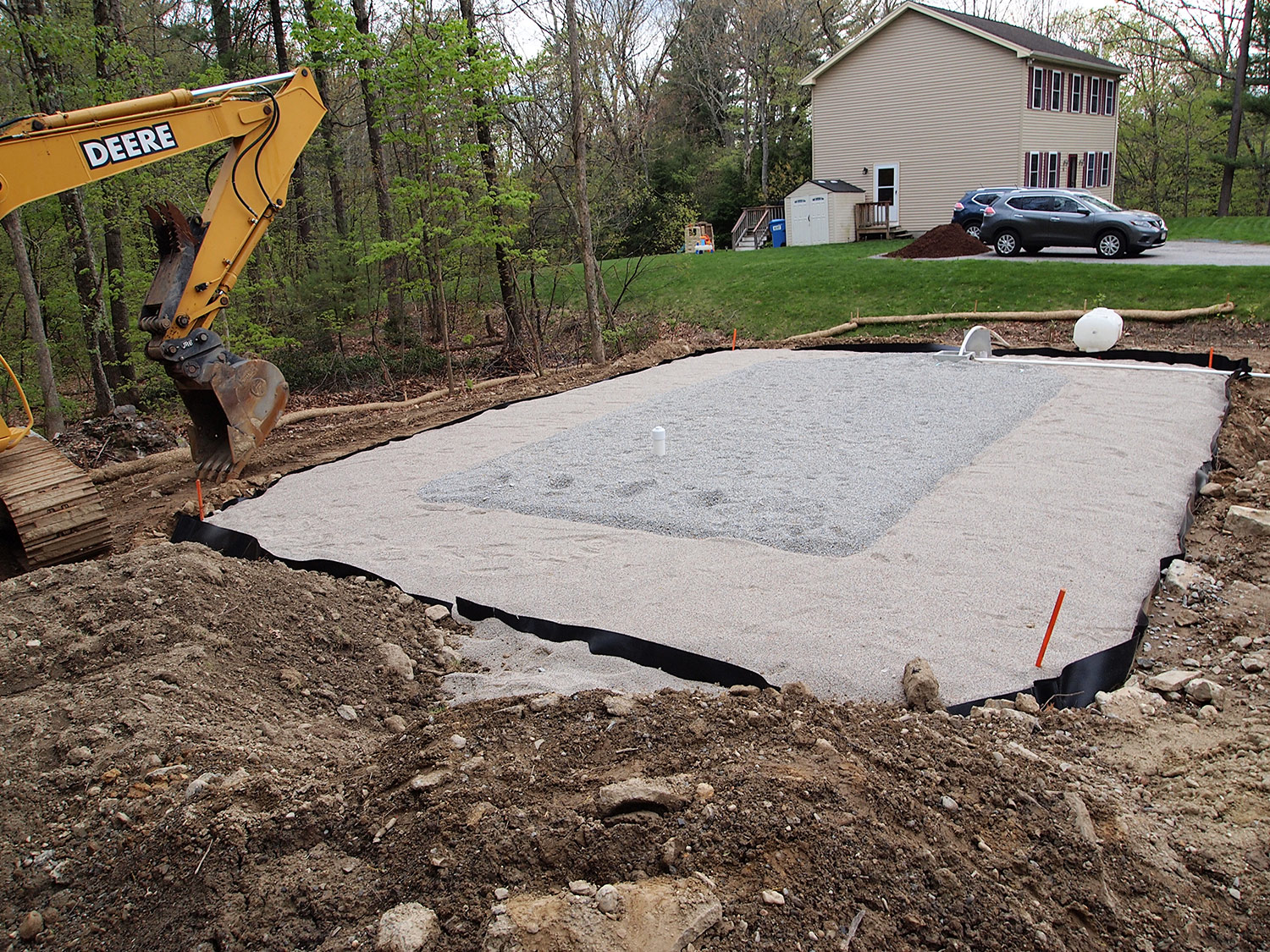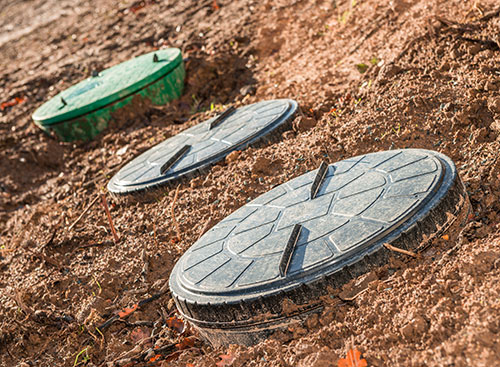
What should I expect in a typical septic system inspection?
Septic system inspections are a vital step in making sure your system is operating properly. Regular inspections ensure you and your family do not get sick due to a leak or other problems with your septic system. Since these wastewater systems are located underground, homeowners may overlook having a septic inspection. Routine inspections help prevent expensive repairs to your system or avoid a sewage backup in your home. In many states, a septic system must be inspected with the transfer of real estate. However, it is not only when you are buying a home that these inspections are needed. Septic system inspections should be done every 1 to 3 years for as long as you own your home.
In general, an inspection will involve the following:
Review of the system permit, design, and installation records (including system age)
Review of the septic tank pumping and system maintenance records
Opening and inspecting all tanks (septic tank, pump tank, distribution box)
Evaluating the septic tank sludge and scum levels and determining the need to pump
Assessing the condition of the septic tank effluent filter (if installed)
Looking for signs of leakage, such as low water levels in the tank
Looking for signs of backup, such as staining in the tank above the outlet pipe
Evaluating the integrity of the tank, inlet and outlet pipes and looking for signs of corrosion
Verifying all electrical connections, pumps, controls, and wiring are intact
Possibly using a camera to look at solid pipes and leach lines for blockages or collapsed piping
Evaluating the drainfield for signs of system failure, such as standing water (surfacing) or unequal drainage
Possibly excavating parts of the drainfield to look for signs of ponding in the system or groundwater impacting the drainfield
Examining the distribution box for structural integrity and to make sure drain lines are receiving equal flow
Reviewing other available records on water use and required inspections, monitoring, and reporting to ensure system compliance with local regulations regarding function and permit conditions.
Contact Morse Engineering and Construction for more information.
Source: EPA.gov


